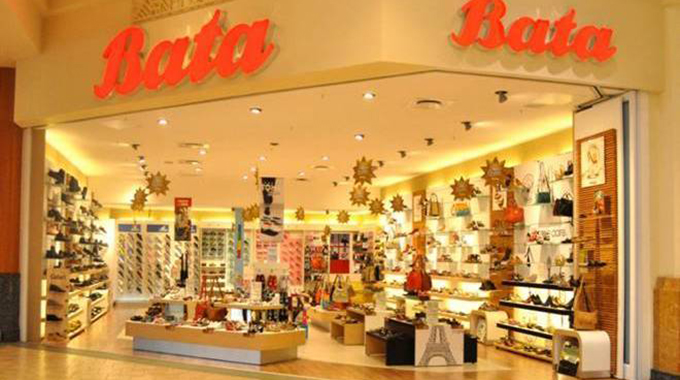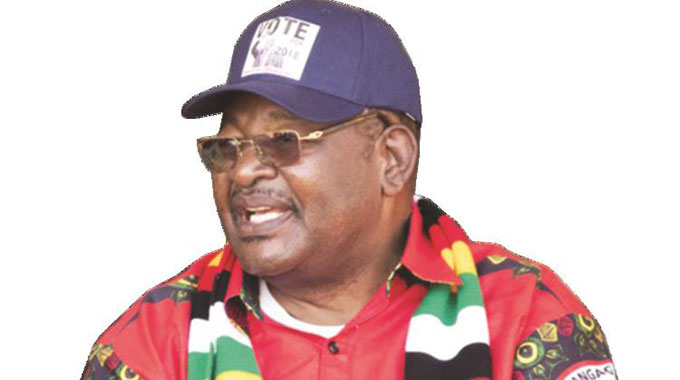Mupedzanhamo market gets upgrade

Blessings Chidakwa Municipal Correspondent
After decades of talk, but inaction over upgrading and regulating the huge Mupedzanhamo flea market in Mbare, Harare City Council has finally been galvanised into action by the Covid-19 pandemic.
A cocktail of measures including re-zoning and marking is underway to ensure social distancing is observed when the market is allowed to re-open, and other developments include plans for a new shed and a precast perimeter wall.
On Tuesday, Harare council workers were marking out and numbering the bays, with each trader now getting a full 2m width, giving more space for business and adequate distance between each trader.
As the name depicts “Mupedzanhamo”, loosely translating to a place where one’s poverty can be ended, the market has over the years been known for selling cheap second hand clothes, but that will soon be a thing of the past following a decision by Cabinet to have the ban on such imports strictly enforced.
The initial ban of second hand clothes was effected by Government in September, 2015 as part of wider measures to facilitate recovery of local industry.
Mupedzanhamo traders are supposed to move away from old clothes into different lines of business, trading and selling other goods that people need and preferably selling goods made by Zimbabweans in the country.
But old habits die hard. An undercover investigation near the market on Wednesday revealed that bales were being sold at flats just opposite the market. Our journalists, posing as potential buyers, met a passer-by who introduced them to a syndicate that had heaps of bales stashed inside one of the flats.
The team was led to the flat with white painting and drawings of several artistes on the outside walls, where bales are being stockpiled in their thousands.
Inside the room on the second floor, there was an assortment of packed bales including those of denim trousers, T-shirts and jackets being sold for US$180 each.
As for reverting to selling second hand clothes at Mupedzanhamo, Harare City Council spokesperson, Mr Michael Chideme said the local authority will be solely guided by the law. “We will enforce the law, but not in isolation as we call other authorities including police and Zimra to ensure the movement of second hand clothes does not happen as we are at the tail end of the supply chain,” he said.
The curbing of the smuggling of bales into the country is usually via porous borders as Mt Selinda and Sango. State security agents and Zimra are supposed to coordinate in curbing smuggling.
Zimra Commissioner-General Ms Faith Mazani said as regards to porous borders, it is not their sole responsibility to manage those, but state security agents.
“We focus mainly on the designated border post where we have our teamwork with state security agents. However, in cases of porous border posts there might be need of a coordinated approach at various levels by the Joint Operations Command,” she said.
Residents want Mupedzanhamo market to be urgently modernised to ensure that those who have stalls are provided with water and sanitary facilities to modernise the market and improve the value it gives traders and thus the value they can offer customers.
Harare Residents Trust director Mr Precious Shumba said the Mupedzanhamo market is a great concept that needs to be multiplied and broadened to become a major source of livelihoods for citizens with business minds.
“The overcrowding that usually takes place at the market in itself is not a problem as long as there are no people displaying symptoms and as long as people are being regulated like what is happening in entering supermarkets.
“People are being required to maintain physical distancing and put on masks for the safety and security of other people. This should be done for all the markets,” he said.











Comments